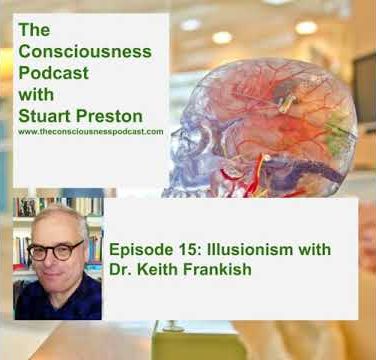Dec 22, 2019
Is intermittent fasting the longevity life hack we’ve been waiting for?
Posted by Paul Battista in categories: food, life extension
Intermittent fasting means interspersing periods of abstaining from food with periods of eating regularly. You could skip breakfast and eat a late lunch, for example, or fast all day long, once or twice a week.
The research suggests that intermittent fasting is a simple, effective life hack for solving many age-related problems, but the evidence is far from conclusive.
“There really is no one weird trick for the perfect diet for everyone,” John Newman, geriatrician at the University of California, San Francisco told Inverse. Science is leading us toward the idea of maintaining some flexibility in our body’s metabolism, he said.



















